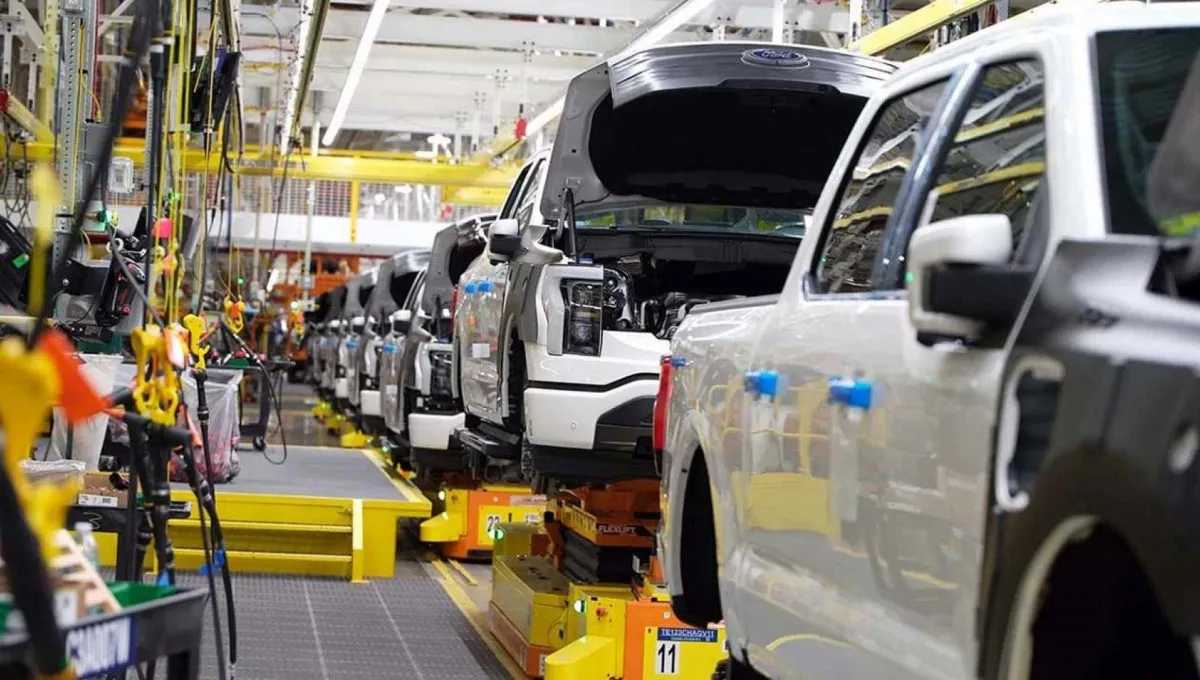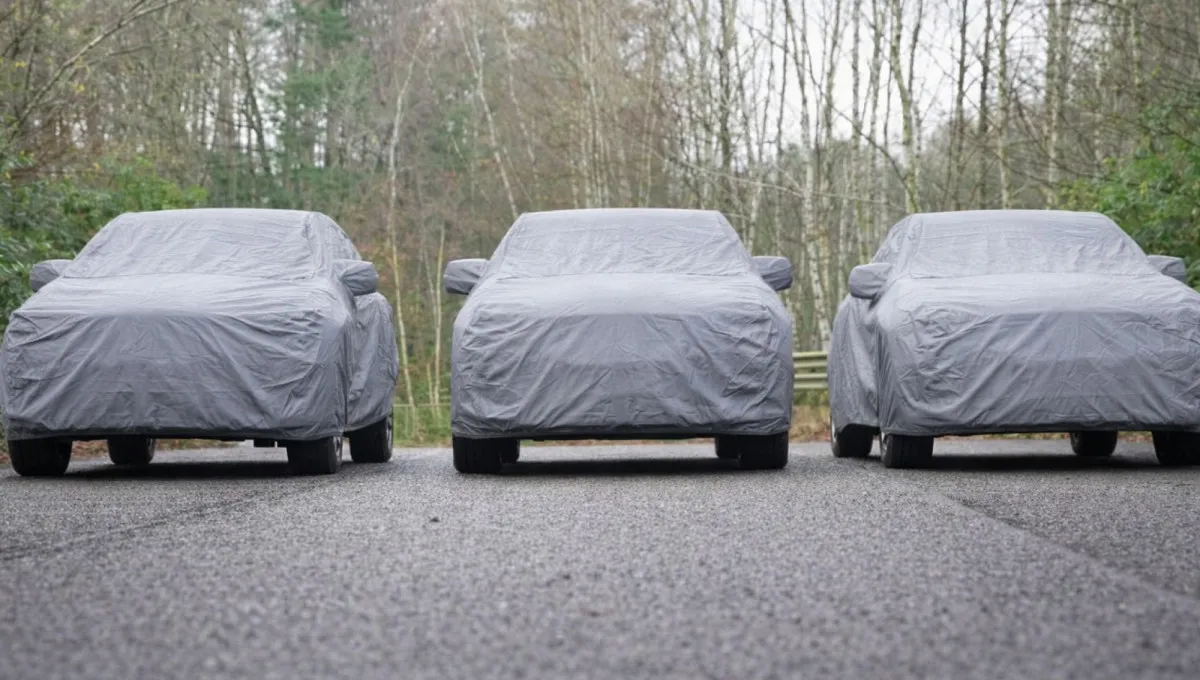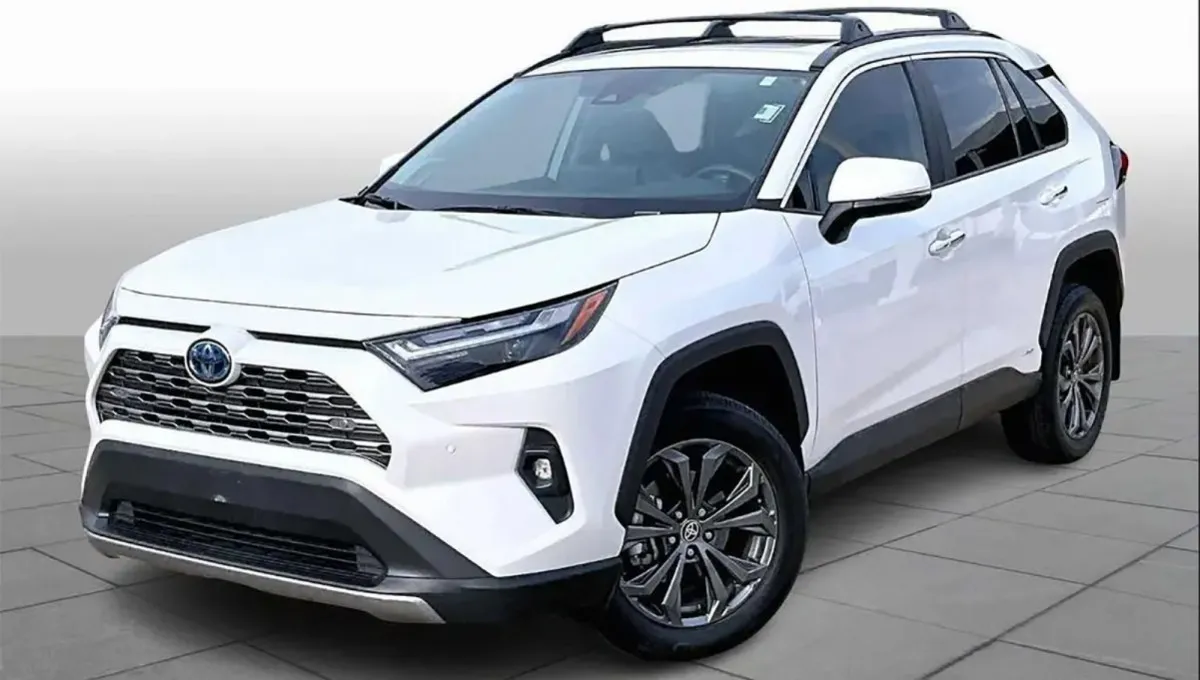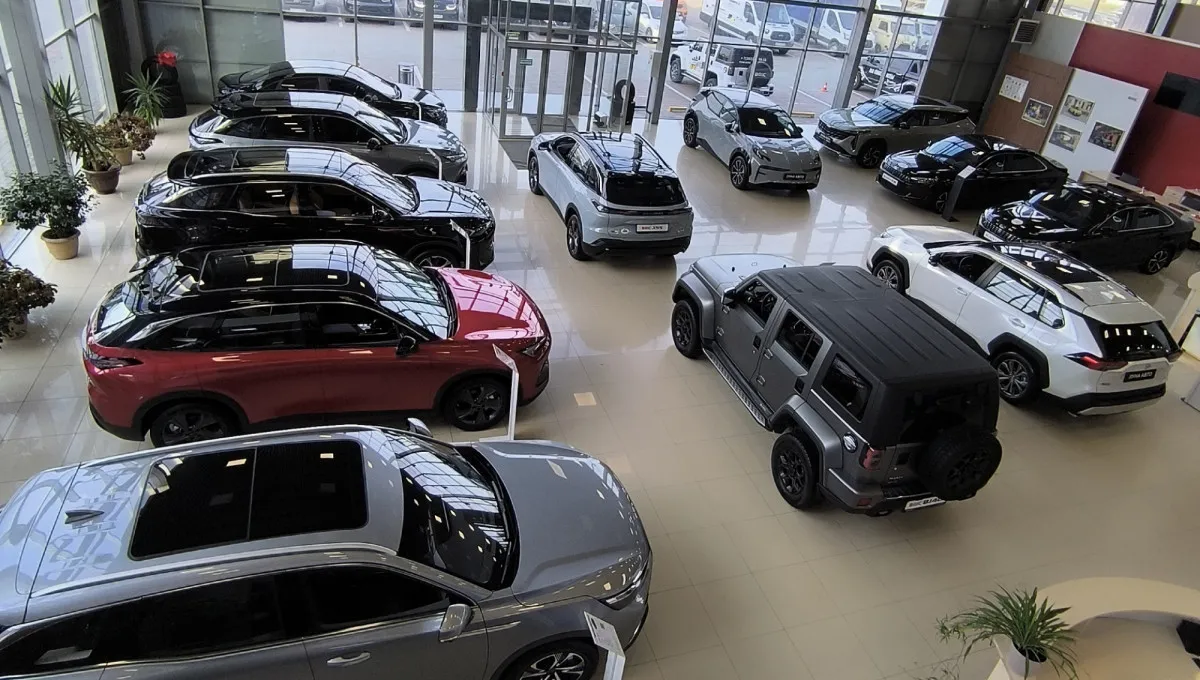Global Slowdown in EV Demand / Even Leading Carmaker BYD Reports Falling Sales
The global electric vehicle market has cooled sharply, with sales slipping across China, Europe, and the United States.

The global electric vehicle market has cooled sharply, with sales dropping in China, Europe, and the U.S. The reasons are familiar: government incentives are fading, economic conditions have tightened, and consumer enthusiasm has waned. Even industry leaders like BYD and Tesla are feeling the slowdown.
China’s BYD, the world’s largest EV maker, sold 441,706 vehicles in October, down 12% from a year earlier. It’s the company’s second consecutive monthly decline—an unusual setback for a brand that has long dominated the EV race.
Because of the slowdown, BYD lost its top spot in China’s overall auto market to state-owned SAIC Motor, which delivered 453,978 vehicles in October. Following the report, BYD shares slipped nearly 2%, hitting their lowest level in nine months.
Analysts note that BYD still aims to reach 4.6 million units sold in 2024, but to meet that target, it must sell at least 450,000 vehicles per month through the end of the year—a difficult task amid rising competition and softer demand.
While BYD struggled, several other Chinese automakers posted record results in October. Geely, Xpeng, Leapmotor, and Xiaomi all reported their best monthly sales to date, while Li Auto saw its fifth consecutive monthly decline.
In the United States, EV sales have also weakened following the expiration of federal tax credits worth up to $7,500 per vehicle.
-
Ford reported a 25% drop in EV sales, with declines for both the Mustang Mach-E and F-150 Lightning.
-
Hyundai and Kia saw sales plunge between 52% and 71% year-over-year.
-
Toyota sold just 18 units of its all-electric bZ4X SUV, compared with more than 1,400 during the same period last year.
Analysts say part of last year’s surge was artificial—many buyers rushed to take advantage of subsidies before they expired. Now, automakers are shifting focus toward hybrids. Hyundai, for example, reported a 41% increase in hybrid sales, even as its EV sales fell by more than half.
Experts see the current slump as a turning point for the industry. For years, the EV boom was fueled by generous subsidies and easy credit. With those supports fading, the market’s growth is slowing to a more natural pace.
Looking ahead, analysts say the future of the EV market will depend less on government incentives or marketing—and more on affordability, reliability, and long-term value of electric models.
You may also be interested in the news:

Ford Motor Company CEO Proposes Letting Chinese Automakers Enter the U.S. Market
In a surprising shift, Chinese carmakers could be allowed into the U.S. auto market.

10 American Cars That Rival the Toyota Camry in Reliability
American cars can match or even surpass the Toyota Camry’s legendary reliability, offering dependable performance and low maintenance costs.

They Rarely Break Down: Three Affordable Korean Crossovers That Stand Out for Reliability
Experienced mechanics have singled out three Korean-built crossovers that combine reasonable prices on the used market with proven long-term dependability.

Americans Go Crazy Over the New Toyota RAV4: Dealers Mark Up Prices and Mislead Buyers
The new generation of Toyota’s best-selling SUV has sparked heated online debate.

You Need to Know This. Why Car Prices Are Rising in the U.S.: Buyers, Not Technology, Are to Blame
A new study identifies the main reasons new vehicles are getting more expensive